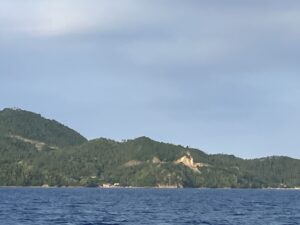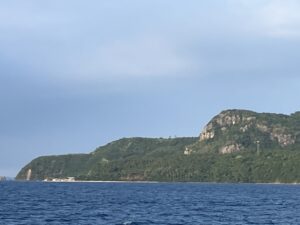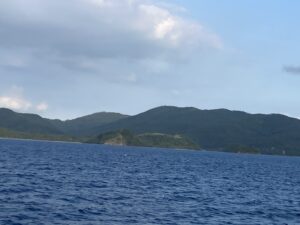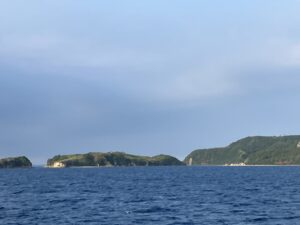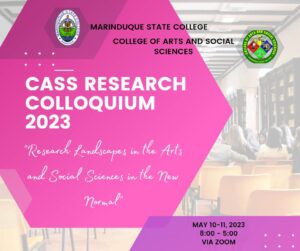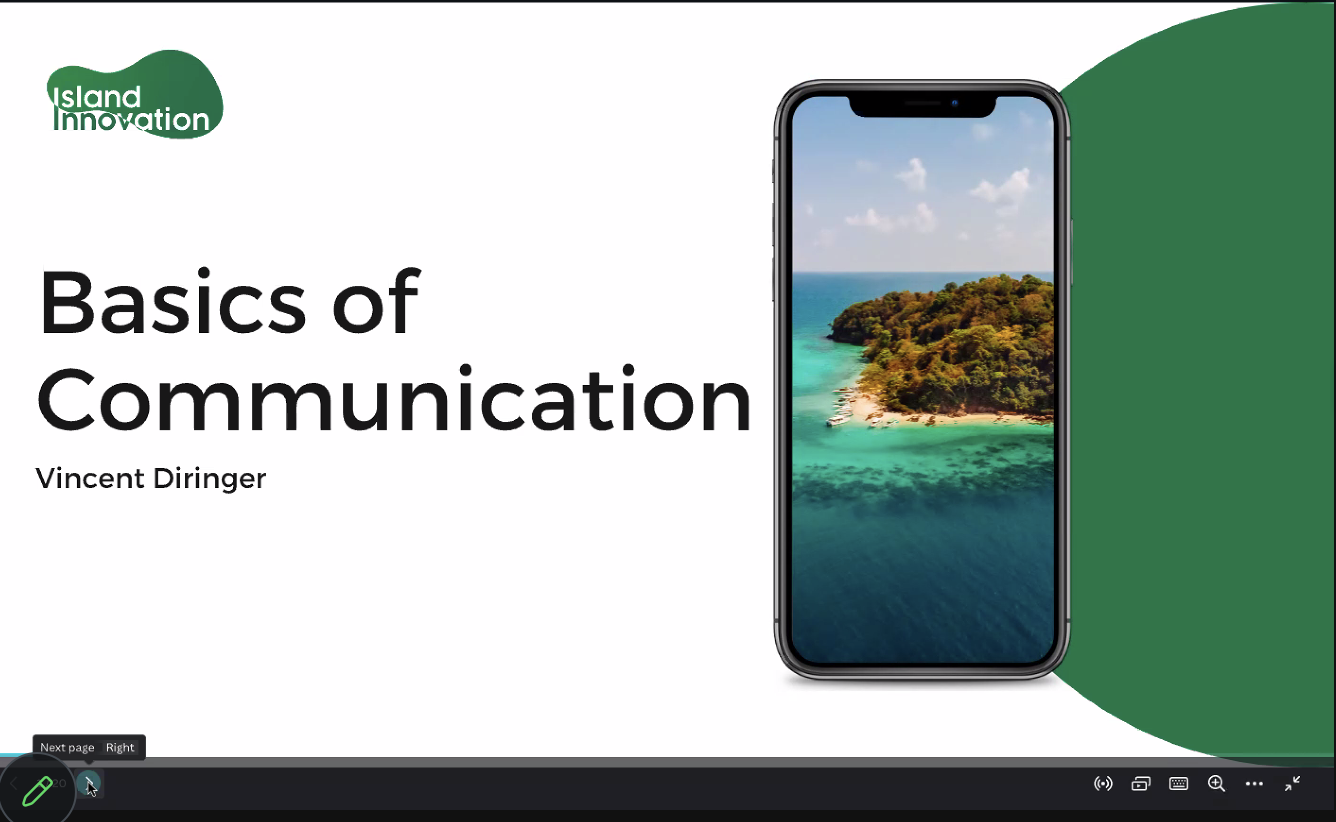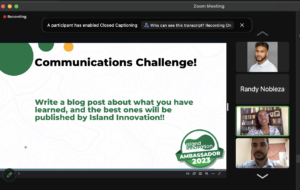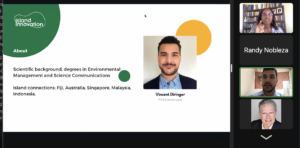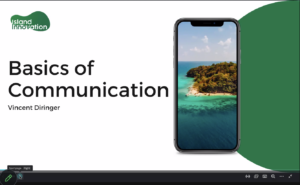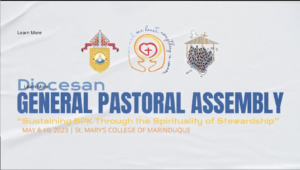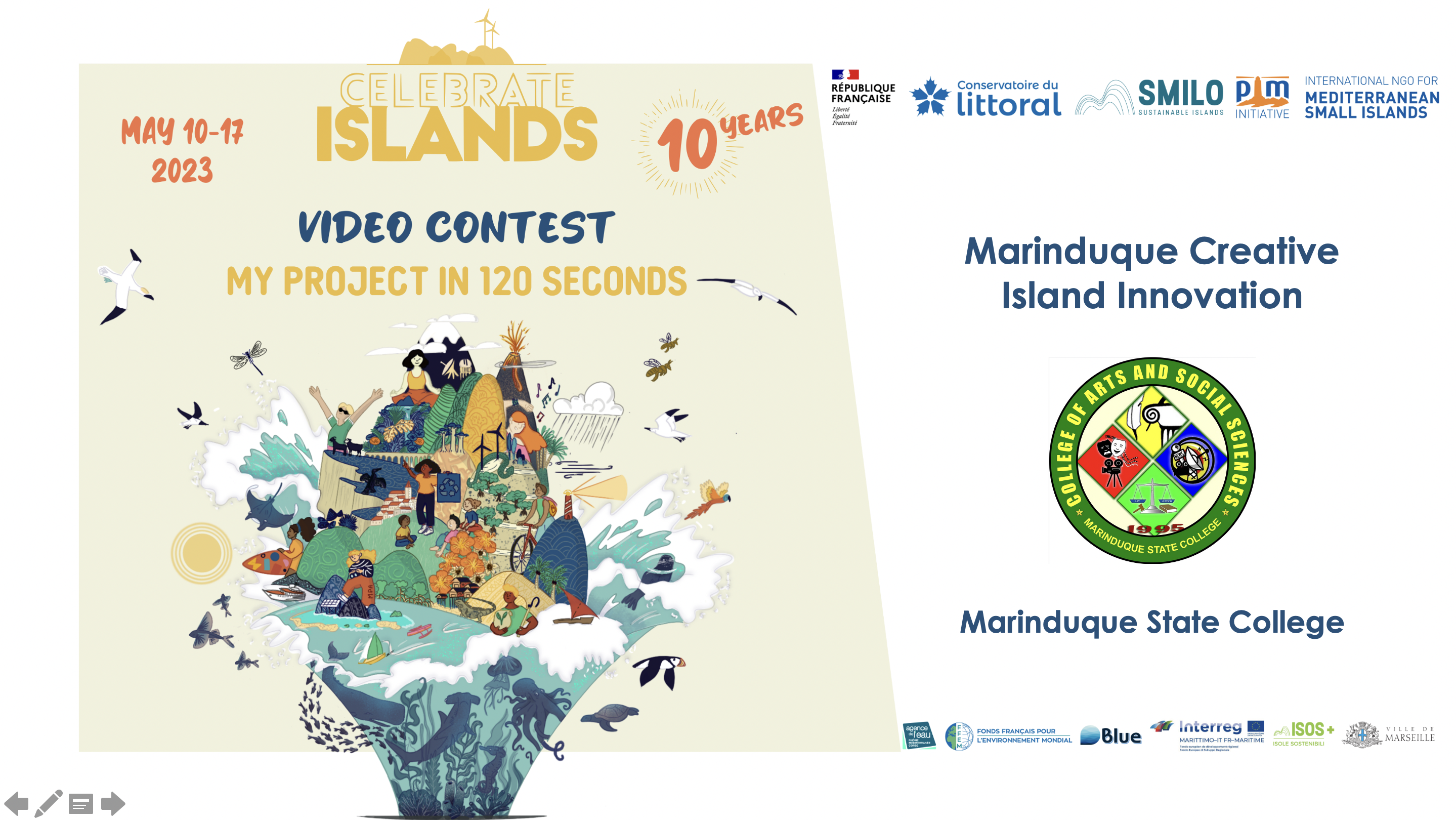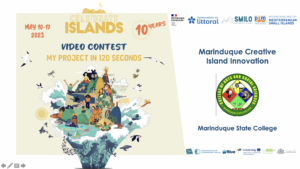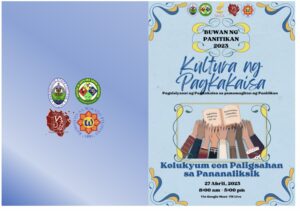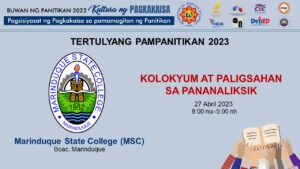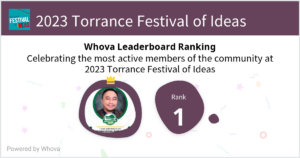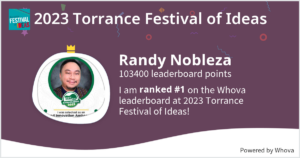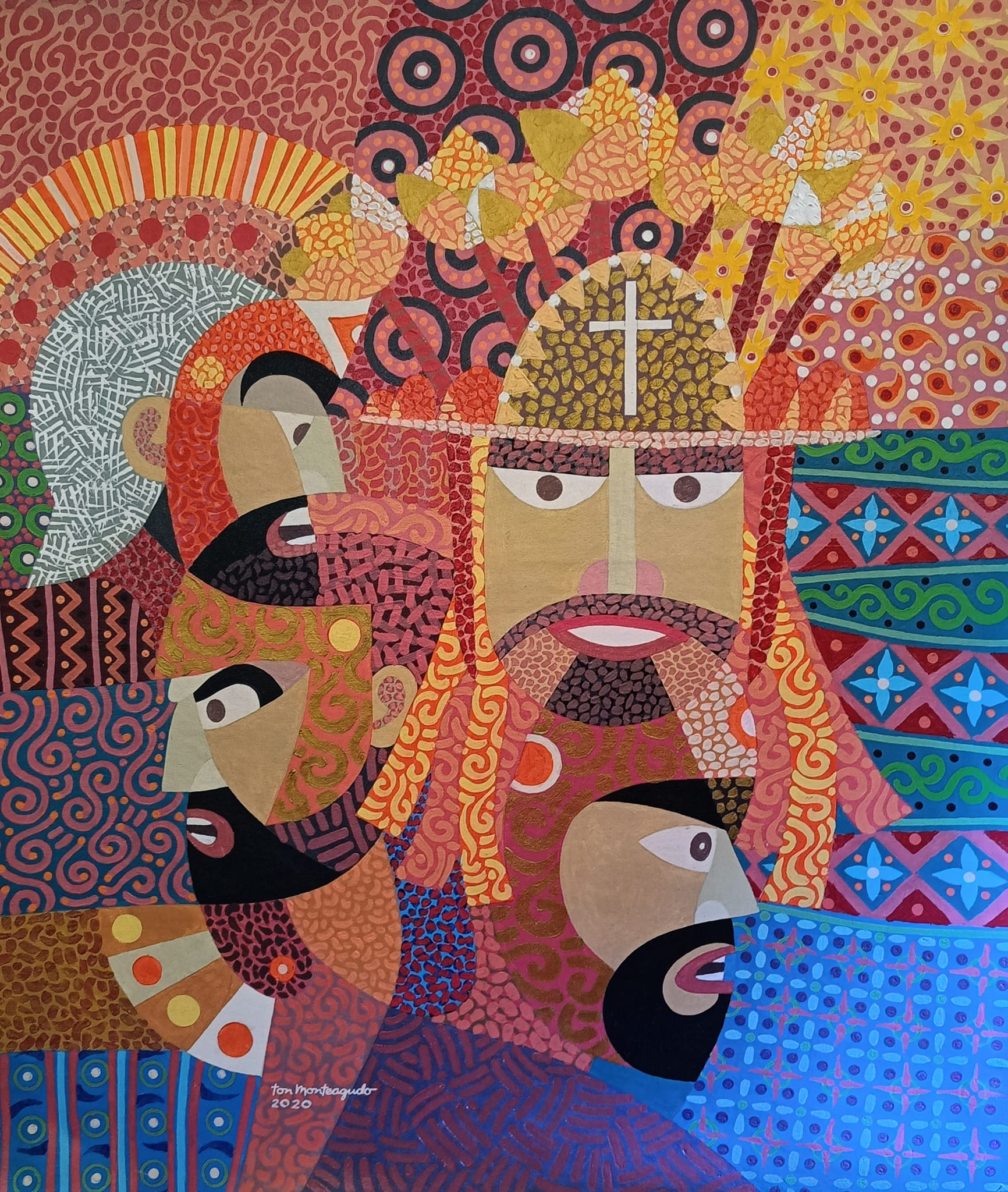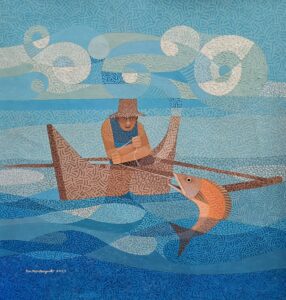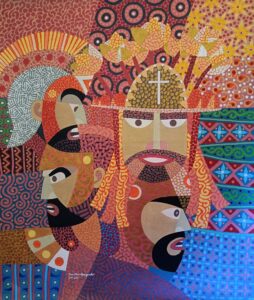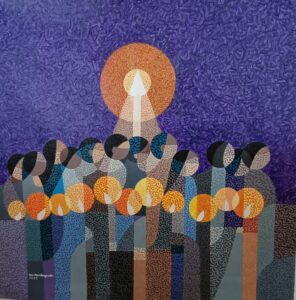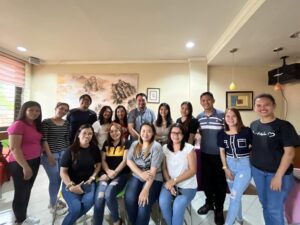 Heritage month, celebrate islands week 10th edition , 9th paschr conference
Heritage month, celebrate islands week 10th edition , 9th paschr conference
Edm 201 2017 GDCE 2018 EdM 201 2020/ BCAEd 1 EdM 201 2023
Pre-pandemic/ pandemic/ near normal
Non-negotiable/s lesson exemplars, teaching demo
Negotiables proposals, pubmats
We have at least three reasons for celebration: one for national heritage month (NHM) every May of each year, another for the 10th edition of Celebrate Islands Week during May 10 to 17 and lastly, for the 9th Philippine Association for the Study of Culture, History and Religion (PASCHR). Considering the three reasons, we have one more reason to celebrate, the culmination of 3rd reiteration of Socio-Cultural Foundations of Education at Marinduque State College (MSC) Graduate School. EdM 201 is a foundation course for every MSCian graduate student who is taking up MAEd. I first had the opportunity to handle the class in 2017 with pioneering graduate students and some who would pursue a Graduate Diploma in Cultural Education (GDCE). By 2018, MSC had its GDCE Marinduque Batch 1 with half of the teacher-scholars are from MSC and the rest from Marinduque National High School (MNHS). This was also the time for the 1st batch of the Bachelor of Culture, Arts Education (BCAEd). It was only in 2020, during the occasion of the Marinduque centennial and slight prior the pandemic. By then, we’re able to complete one batch of GDCE and started a new batch for Mindoro and Romblon. In between the Batch 1 and 2 of GDCE, the pioneering batch of BCAEd have graduated. This brings us to the third reiteration of EdM 201 which we are holding the culmination for.
At this point, the Socio-Cultural Foundations of Education have been offered beyond MSC and now in Eastern Quezon College (EQC) in Gumaca. Like the courses I have supervised before, there are non-negotiable and negotiable requirements. For the non-negotiable deliverables are the lesson exemplars and teaching demo. Moving from EdM201 and the wealth of experience from GDCE, in particular in CulEd 206L Local Cultural Mapping and CulEd 209: Culture-based Lesson Exemplars we’re able to draw contextualized lessons for basic, junior/ senior high school and even higher learning. On the other hand, we also have some negotiable requirements for one reason or the other when the adult learner have difficulties with complying. During this third reiteration of EdM201, we’ve introduced 120 second videos inspired by the Celebrate Islands and some pubmats for NHM and Malikhaing Guro.
I have the honor and privilege to distill valuable lessons and insights for the next edition of EdM 201 beyond Marinduque, in Quezon to serve as a beacon of light and guide post for the next generation of changemakers, innovators and creatives in terms of lifelong learning. My salute and utmost gratitude, consistent with the theme of NHM, “change and continuity” to EQC MAEd students for a semester worth our while.
Assoc Prof. Randy T. Nobleza, PhD.
EdM 201: Socio-Cultural Foundations of Education
 Heritage month, celebrate islands week 10th edition , 9th paschr conference
Heritage month, celebrate islands week 10th edition , 9th paschr conference